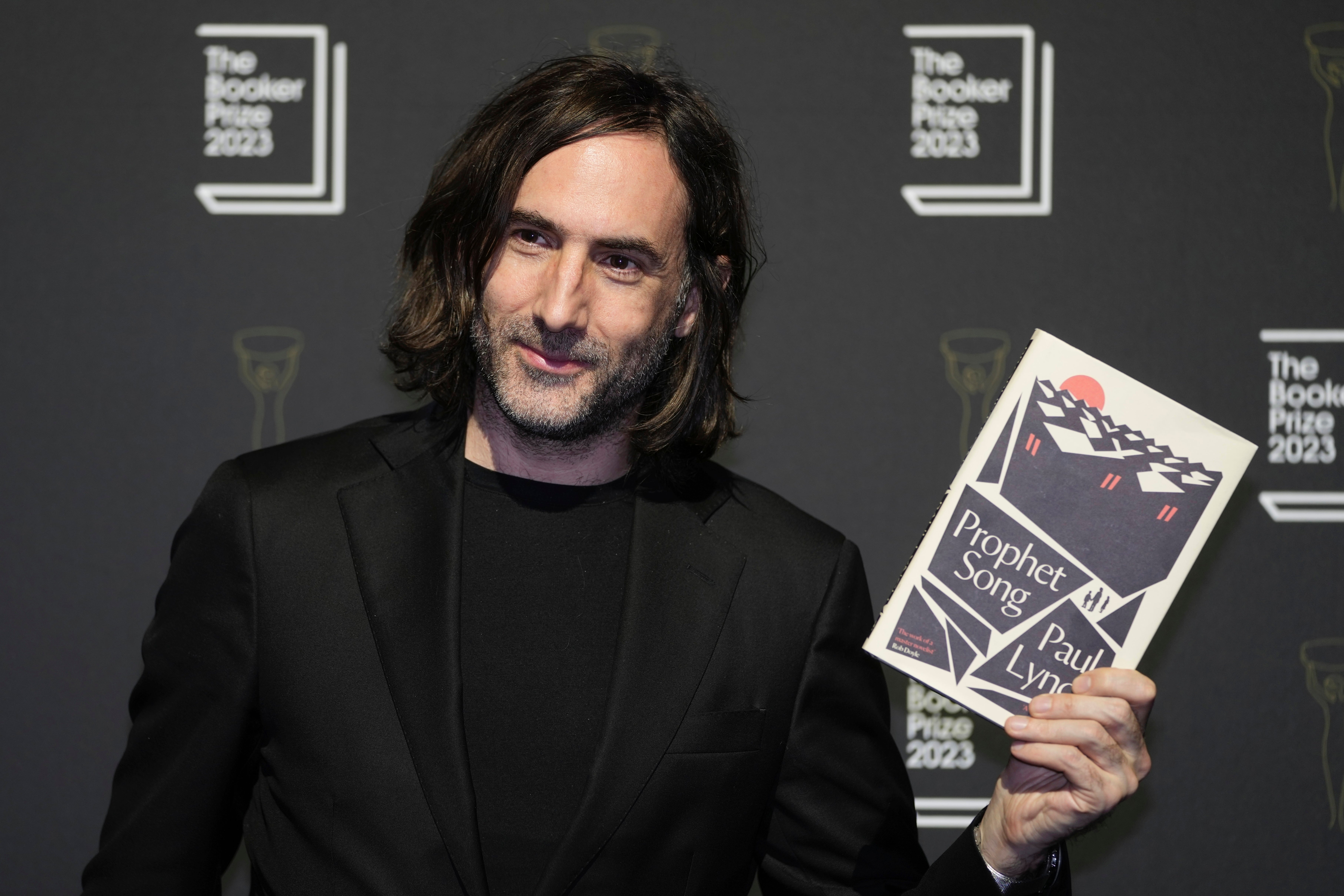Booker Prize winner Paul Lynch on Dublin riots: This is always under the surface
His book Prophet Song describes what happens when his home country becomes authoritarian
Your support helps us to tell the story
From reproductive rights to climate change to Big Tech, The Independent is on the ground when the story is developing. Whether it's investigating the financials of Elon Musk's pro-Trump PAC or producing our latest documentary, 'The A Word', which shines a light on the American women fighting for reproductive rights, we know how important it is to parse out the facts from the messaging.
At such a critical moment in US history, we need reporters on the ground. Your donation allows us to keep sending journalists to speak to both sides of the story.
The Independent is trusted by Americans across the entire political spectrum. And unlike many other quality news outlets, we choose not to lock Americans out of our reporting and analysis with paywalls. We believe quality journalism should be available to everyone, paid for by those who can afford it.
Your support makes all the difference.Irish Booker prize winner Paul Lynch has said he was “astonished” by violent disturbances on the streets of Dublin this week, but this kind of behaviour is “always under the surface”.
The author, who lives in Dublin, spoke at a Sunday press conference after he received the award during a ceremony at Old Billingsgate, London
His dystopian novel Prophet Song explores what happens when his home country slides into authoritarianism.

When asked what he thought about the riots in Ireland, which involved right-wing elements, Lynch said: “Like everybody else, I was astonished by it.
“And at the same time, I recognise the truth that this kind of energy is always there under the surface and, I didn’t write this book to specifically say, ‘here’s a warning’, I wrote the book to articulate the message that the things that are in this book are occurring timelessly throughout the ages.
“And maybe we need to deepen our own responses to that kind of idea. But at the same time, what was happening in Dublin? Well, you know, we can see it as a warning, I think we should see it was a warning.”

Lynch also said he was “distinctly not a political novelist” and his book is really about “grief”, as it tells the story of a woman who has her husband taken away by the newly formed Irish secret police.
He also said that “Ireland is an extraordinary country to live in” and a welcoming country.
Lynch added: “It’s a great place for writers, any country that supports writers in the way that the Arts Council has supported me and many other really truly worthy Irish writers can only be a great place to live.
“So I could not be more proud to be an Irish writer right now, it’s really something.
“Well, you know, I think that if any of us were to look at the state of affairs from the point of view of 20 years ago, we couldn’t quite believe the modern world that we find ourselves in.
“And I do think that you looked at things objectively, there is a sense of unravelling of a kind.
“The question is, is what are we going to do about it and can anything be done about it?
“I mean, Prophet Song is a counterfactual novel, it’s not a prophetic statement but there are resonances in it that are there for the taking for readers who want to think about these things.”
He also said that “there’s layers and layers at work in my writing” and novels are complex.
Lynch added: “To reduce the book down to one single message is actually pointless to a certain extent and goes against, the reason why I wrote the book, the book is actually its own answer.”
He also said he was most likely to spend half of the prize, worth £50,000, on his mortgage.
Lynch also said that before writing full time he had reached a point in his life where he had “exhausted all the possibilities”.
He added: “There was a moment writing this book during lockdown, it was hugely challenging. I had long Covid for periods, and I’d wake up many days and I would have had just like, brain fog, and I had just, like, just fatigue, and I couldn’t work.”
